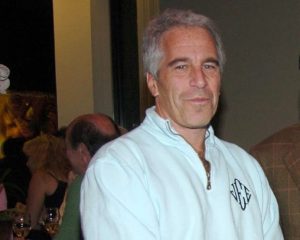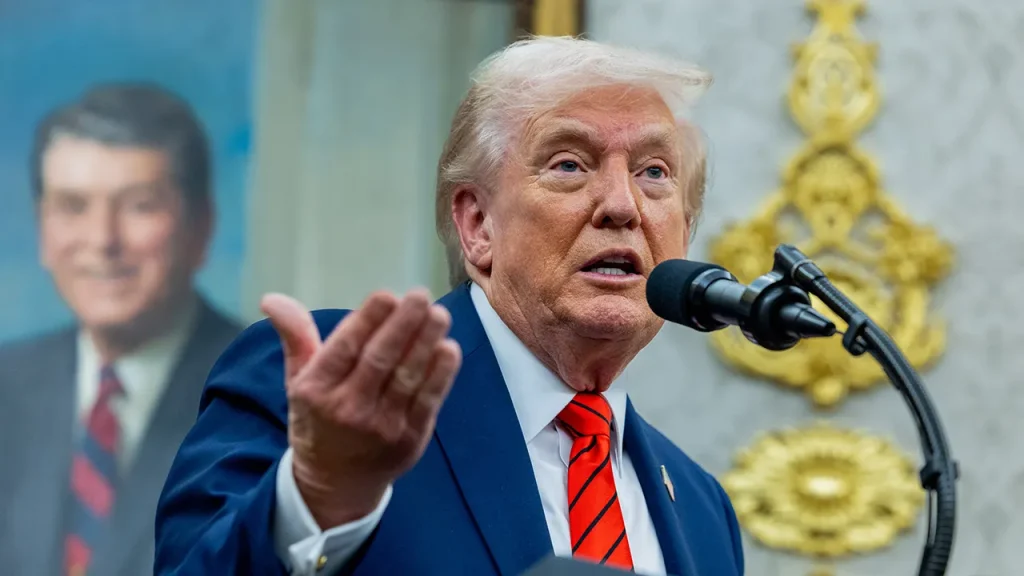Trump’s Whirlwind Diplomatic Tour and Presidential Honor for Charlie Kirk
President Donald Trump announced an ambitious international travel schedule that will take him to Israel and Egypt before returning to Washington D.C. to honor the late conservative activist Charlie Kirk with the Presidential Medal of Freedom. Speaking from the Oval Office on Friday, Trump outlined his plans for this significant diplomatic journey marking the historic peace deal he secured between Israel and Hamas. Despite the tight timeline, the President emphasized the importance of returning to the White House by Tuesday, October 14—what would have been Kirk’s 32nd birthday—to present the nation’s highest civilian honor posthumously to the young activist who was tragically assassinated last month.
The President’s trip to Israel will begin early Monday with a planned address to the Knesset, Israel’s parliament, followed by meetings with recently freed hostages. This visit comes at a pivotal moment as the peace agreement requires Hamas to release all 48 living and deceased hostages within a 72-hour window that began Friday night local time. “They’re getting them, and they’re also getting the bodies, approximately 28 bodies. It’s a tragedy,” Trump remarked solemnly about the hostage situation. The timing of his visit underscores the significance of the peace deal, which comes almost exactly two years after Hamas’s October 7, 2023 attack on Israel. The President’s personal involvement in securing this agreement represents one of the most significant diplomatic achievements of his administration, bringing a potential end to the devastating war in Gaza.
Following his time in Israel, Trump will travel to Egypt where an international summit is being organized in the Red Sea resort city of Sharm el-Sheikh. The Monday gathering will focus on finalizing the peace agreement, with more than 20 world leaders expected to attend alongside the President. “I’ll go to Cairo, I think that’s where we’re going, as opposed to the place of the signing,” Trump explained to reporters. “We have a lot of leaders from all over the world coming too.” This summit represents the culmination of intense diplomatic efforts to bring stability to a region long plagued by conflict, with Egypt playing a crucial role as a mediator in the peace process. The President’s presence at this gathering underscores American leadership in Middle Eastern affairs and his commitment to fostering lasting peace in the region.
Despite the diplomatic significance of his Middle East journey, President Trump has made clear his determination to return quickly to Washington for the White House ceremony honoring Charlie Kirk. The conservative activist and founder of Turning Point USA was killed on September 10 during an outdoor event at Utah Valley University, a tragedy that deeply affected the President and many conservative supporters. “And then I’m coming back, I believe it’s Tuesday night for Charlie Kirk, a friend of mine, a friend of all of us,” Trump said, describing the upcoming event as a “great celebration” that will be attended by Kirk’s widow, Erika, and numerous others who admired the young activist’s work and contributions to conservative causes. The President’s insistence on returning for this ceremony, despite the logistical challenges of his international trip, demonstrates the personal importance he places on honoring Kirk’s memory.
The Presidential Medal of Freedom that will be bestowed upon Kirk represents the highest civilian honor in the United States. “We’re giving him the Presidential Medal of Freedom, which is the highest honor you get outside the Congressional Medal of Honor—one’s military, one’s civilian,” Trump explained. “But it’s the greatest honor, and Erika, his beautiful wife, is going to be here and a lot of people are going to be here.” The President first announced this posthumous award last month, promising that the ceremony would draw “a very big crowd. Very, very big.” The East Room of the White House will serve as the venue for this solemn yet celebratory occasion, marking the life and legacy of a young man who had become an influential voice in conservative politics before his untimely death at just 31 years old.
This whirlwind diplomatic mission to the Middle East, followed by the Medal of Freedom ceremony, exemplifies the dual nature of presidential responsibilities—balancing critical international diplomacy with meaningful domestic ceremonies that honor American citizens. The peace deal between Israel and Hamas represents a significant foreign policy achievement for the Trump administration, potentially bringing stability to a region that has seen decades of conflict. Meanwhile, the honoring of Charlie Kirk reflects the President’s connection to the conservative movement and his desire to recognize those who have championed its causes. As Trump navigates this compressed schedule across three countries in just a few days, it highlights both the global reach of American diplomacy and the personal touches that define a presidency, from brokering peace deals to commemorating the lives of citizens who have made their mark on the nation’s political landscape.














